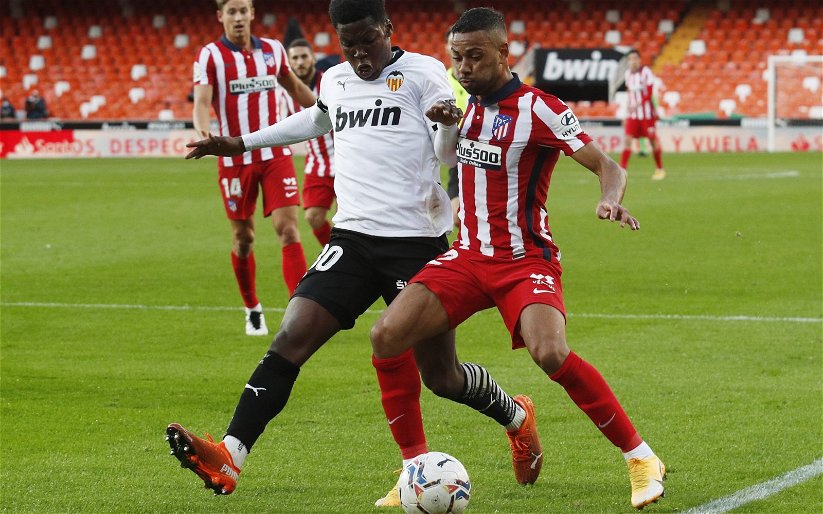Most fans agree that the Wolves have been performing reasonably well for long passages of games but have suffered from slow starts and a lack of concentration in the last ten minutes. The statistics, according to the official match reports, are horrific.
Leaving aside the cup matches, in which we benefited from late goals in two games and suffered in the third (against Manchester United), lapses in the final few minutes have cost us five points (and potentially even more).
In addition, we have invariably started slowly. We even gave away goals in the first minute of two matches, ultimately losing both games when we might reasonably have expected to gain four points. Ironically, we should feel relieved that we did not ship more goals at the start because out of the thirteen league games played, we were under pressure from the kick-off in ten of them.
Loss of concentration, leading to free kicks and penalties, from which the opposition scored, occurred in six games. Altogether, they cost us nine points. Naturally, one should add Henry`s stupid foul to this list of aberrations as, arguably, it was responsible for us dropping a further three points.
So, if we learn to focus on the match from beginning to end, we can pick up a lot of points, even if we do not play any better. How do we achieve this aim? Even if I was being silly when suggesting that ADHD was to blame, the problem appears to be a mental one rather than a lack of physical fitness (if stories emanating from the Compton training camp are to be believed). At the kick-off we seem intimidated by the top teams and affected by expectation-weighted tension when playing lesser sides (this will soon change, as there will be no lesser sides left). At the end of the match, tension rules supreme.
Is it my fault that the team is suffering such mental anguish? Is it unfair of me to put so much pressure on extravagantly paid players by asking them to do the basics correctly: defend as if one’s life depended upon it, pass to a member of the same team, score when presented with a reasonable opportunity and concentrate from the kick-off until the final whistle. As I suggested in an earlier blog, we should play as if already relegated and therefore with nothing to lose. Indeed, we improved when we adopted this approach against Manchester City and United, Arsenal and Chelsea and belatedly against Bolton.
The trick is to play like that all the time. Perhaps the team should employ a sports psychologist, though in an interview on 10 November MM ridiculed the notion. The players do have the services of Bill Stevens, a sports therapist, who should include a reality check when he talks to individual players. At the moment psychological conditioning appears to consist solely of whistling in the dark. Alternatively, the management could employ a primary school teacher to instruct the team in telling the time, with an emphasis on working out what the big hand is pointing to in the last ten minutes of the game (plus injury time).
There remains the problem of the sluggish starts. Apart from banning the players from excessive ‘exuberance` in the days leading up to a match, they should give greater consideration to their preparation on match-day. Athletes warm up for an hour or more before a race, yet, apparently, the Wolves limber up in the first ten minutes of play. As far as I can see, the players come out a few minutes before the start and kick the ball a few times before returning to the dressing-room. They are barely out of first gear when the whistle blows. They could at least jig about with the go-go dancers, if only to practise their corner-flag celebrations, should they ever score a goal.
Share this article


